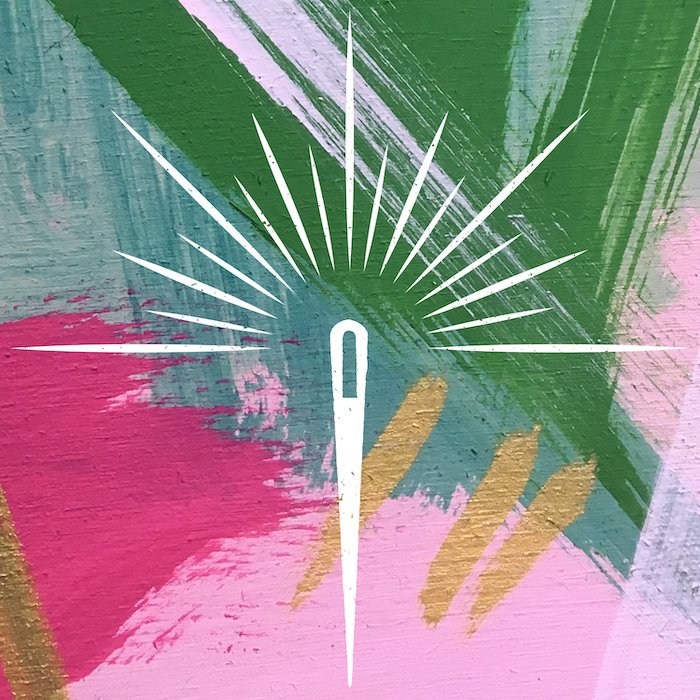Extraction & Exploitation
How these two damaging practices underpin the causes of the climate crisis and how we need Intersectional Environmentalism.
What has the Covid-19 pandemic revealed for you? In what ways have you gained awareness? Do you feel more attuned to what you might want from your own life? Do you feel more consciousness about what your neighbours and community might need for their wellbeing?
This challenging time has cost us all, but it has also opened the eyes of many people. The enforced slowness was in many ways so damaging… but it simultaneously made us stop and evaluate in ways that we never had time to do. Individuals and communities are thinking in broader terms and looking at what their lifestyle mean for those it touches or impacts.
For us at SFW, one of the most wonderful, dynamic and inspiring swells of community action came in the form of the #blacklivesmatter protests. The protests were, and are, history in the making. There is no way back from this upswelling of awareness and we can only move forward from here, evaluating all that we do to ensure we don’t perpetuate decades of systemic racism, discrimination, bias.
How is the Black Lives Matter movement relevant to Sustainable Fashion Week? At our core we are seeking to make the sustainable fashion movement more representative and accessible. And we see in the persecution of black bodies the same mindset that has led us all into the climate crisis. This is the mindset of extraction and exploitation.
In historic colonialism, colonisers saw black and brown bodies simply as resources to be taken and used in the same way they viewed natural resources and raw materials. Systems of western wealth creation relied on extracting both bodies and raw materials and exploiting each for the benefit of capital, without consciousness of what relying on these practices would mean long term. Weaving these practices into the very foundations of capitalism has resulted in today’s colonisers - big brands and multi national corporations - failing to see alternatives for operating. In wealth creation and the pursuit of profit today we still see this short-termist behaviour, abusing people and planet to make a supply chain as cheap and fast as possible.
In seeking to create a viable, sustainable future we have focused on the extraction and exploitation of nature. Habitats, vital ecosystems and essential plant and animal populations are damaged, polluted, poisoned, cut down, ripped up. And the result has been devastating. We are staring a climate crisis in the face as we have reduced nature’s natural resilience.
But how do we link the destruction of ecosystems and the Black Lives Matter movement? They are systemically linked through the practices of extraction and exploitation in modern capitalism.
We need to see the intersection between the exploitation of people and the exploitation of the planet. Both are used as resources in service to consumption.
Where do we go from here? We need Intersectional Environmentalism to begin with. We need to look at those spaces where extraction and exploitation of people and planet meet. Without resolving one, we cannot achieve resolution for the other. There is no climate justice without social justice.
Fashion is absolutely one of these spaces of intersection. Communities in the Majority World (often in countries still impacted from the consequences of colonialism) fall foul of the fast fashion model – where justice for garment workers and their environments is consistently overlooked in the unceasing demand for cheap clothing.
An Intersectional Environmentalism lens includes everyone in the fashion industry system and acts on behalf of all. And in this way we can’t achieve a sustainable fashion industry without acknowledging in the strongest terms that #blacklivesmatter.
Covid-19 has caused harm to so many of us, in a variety of ways. But I hope one promising thing that will come out of this crisis is perhaps the awareness of the bigger crisis we’re facing and a greater sense of power in fighting it if we continue to take action on the ground as communities. Climate justice = social justice. We are all in this together.
Would you like to read more? Here are some additional links…
https://remake.world/stories/news/colonialism-in-fashion-brands-are-todays-colonial-masters/
https://www.fashionrevolution.org/i-was-a-garment-worker-and-i-know-exploitation/
https://traidcraftexchange.org/blog//what-is-neocolonialism?utm_source=google&utm_campaign=olor%20neocol%20blog%201&gclid=EAIaIQobChMI4Mbnw9yD6wIV1-vtCh0ujwH3EAAYASAAEgJlRPD_BwE
https://blacklivesmatter.com/
https://ejfoundation.org/what-we-do/cotton

